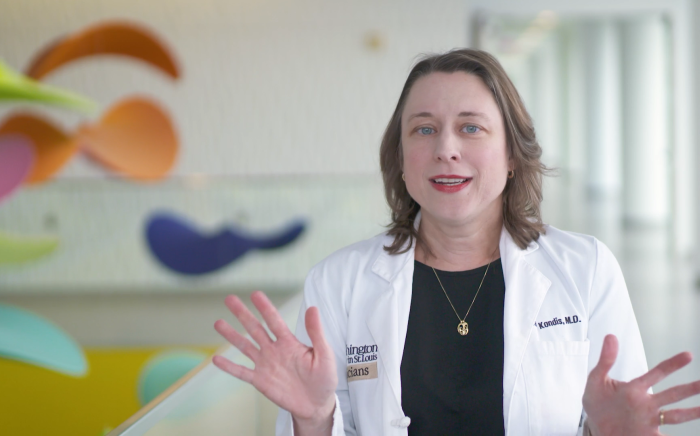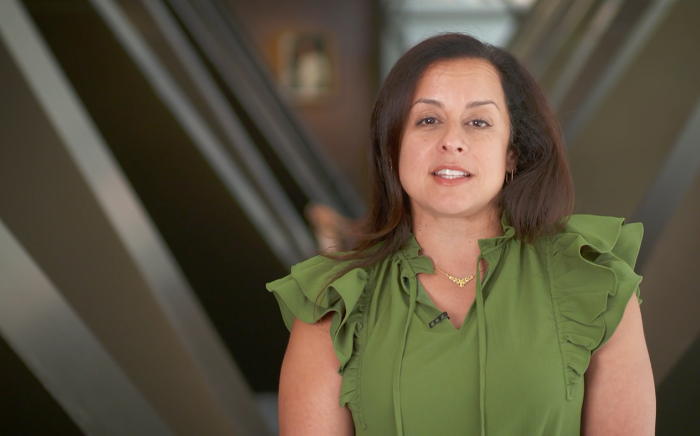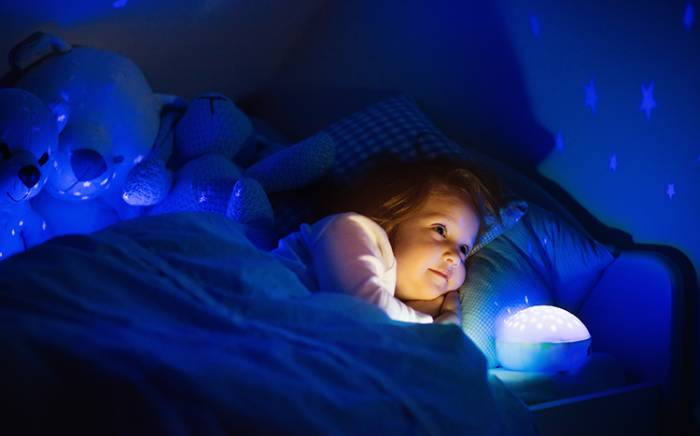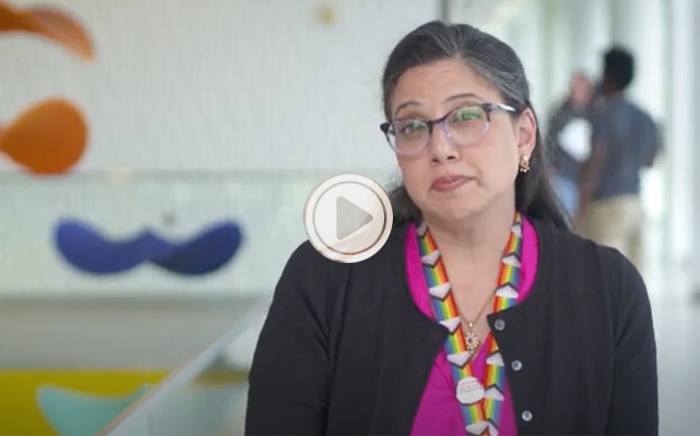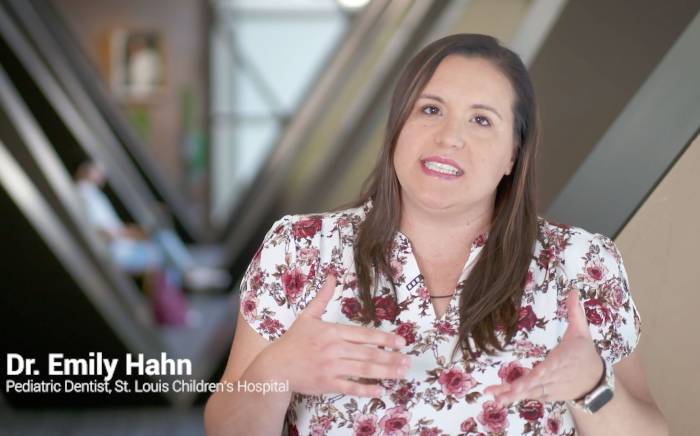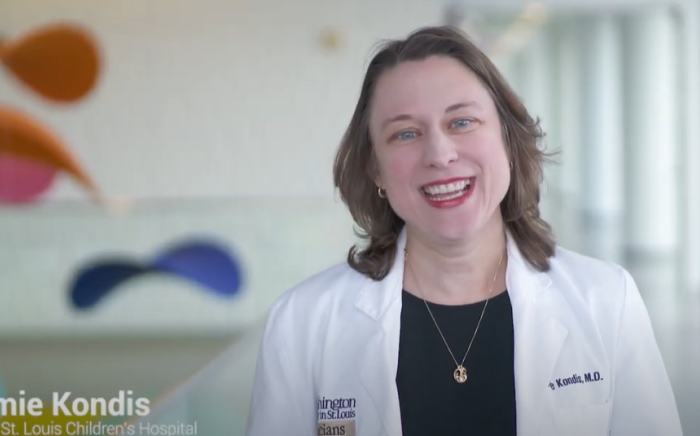It’s that time of year again when everyone -- including your kids -- seems to be sneezing and sniffling. You want to find the treatment that gets them back to health as quickly as possible, but how can you tell if it’s a common cold, seasonal allergies or something more serious?
“As many as 40 percent of Americans suffer from allergies, and children average about eight colds per year,” says Leonard Bacharier, MD, board-certified pediatric allergy and immunology physician on staff at St. Louis Children’s Hospital. “Your child is likely to be affected by one or both of these conditions from time to time. The key to effective treatment is proper identification.”
“It can be difficult to distinguish between seasonal allergies and the common cold,” says Anne Borgmeyer, RN, CPNP, at St. Louis Children’s Hospital. “They have many of the same symptoms.”
Cold symptoms can last up to two weeks and typically include:
- Sneezing
- Sore throat
- Stuffy nose
- Mild fatigue
- Mild aches and pains
- Low-grade fever
What can you do for your child? Follow your child’s lead when it comes to activity. He may or may not slow down. His appetite may decrease, but that’s okay as long as he gets plenty of liquids. Skipping a few meals is fine.
Help her blow her nose if she has trouble doing it herself. If your baby is under 1 year old, you can use a nasal syringe before she nurses or goes to sleep.
Acetaminophen or ibuprofen will help your child feel better if he’s running a mild fever. However, over-the-counter cold and cough medicines may have little or no effect on your child’s symptoms, and side effects may occur. Good hand washing is the best prevention for these viruses.
Allergies tend to last for a prolonged period of time. It’s as if your child’s cold just won’t go away. Allergies are triggered by exposure to a particular allergen such as pollen, cats or certain foods. If you suspect that your child has allergies, your pediatrician can direct you to the best options, which may include seeing an allergy specialist.
If your child just keeps getting worse after the first few days of a cold, you should call your pediatrician to rule out a more serious illness. And any time there is breathing difficulty such as shortness of breath, wheezing, nostrils flaring out, sucked-in appearance of the skin around the neck and between the ribs, call your physician immediately because these signs may indicate asthma.
St. Louis Children’s Hospital offers a variety of education and support services for children with allergies and asthma and their families. Call 314.454.KIDS (5437) or toll-free 800.678.KIDS for more information.




